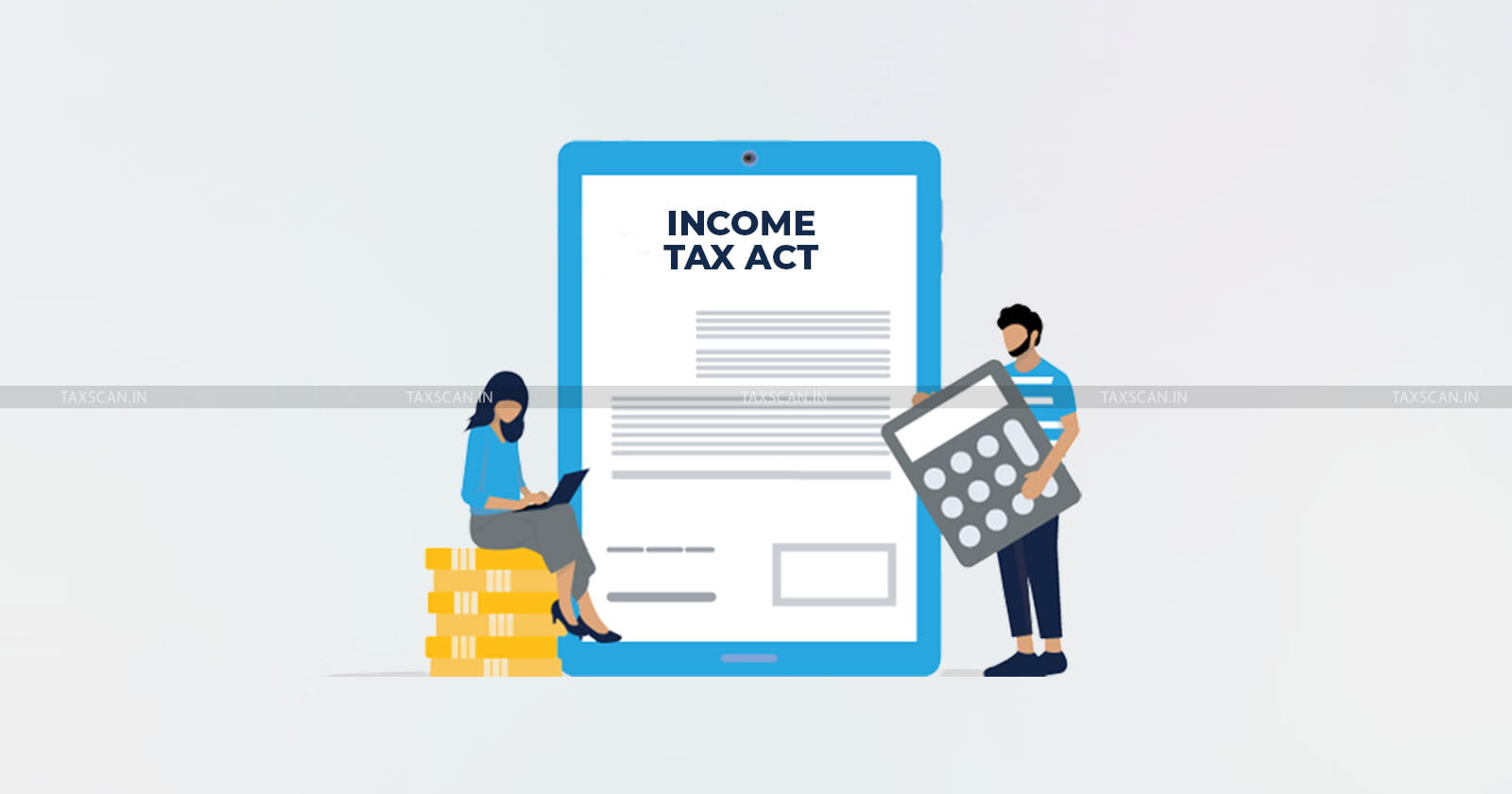Disallowance of Related Party Payments u/s 40A(2)(b): ITAT Deletes Additions for AO’s Failure to Prove Excessiveness
The tribunal found that the officer placed the entire burden on the assessee without conducting any independent inquiry or providing comparable data to establish that the payments were excessive

The Ahmedabad Bench of Income Tax Appellate Tribunal ( ITAT ) deleted disallowances made under Section 40A(2)(b) for payments to related parties, holding that the Assessing Officer (AO) failed to justify the excessiveness of the amounts.
Virbala Kiritkumar Patel, appellant-assessee, was engaged in the business of building and land development. During assessment for AY 2009-10, the AO noticed that she had paid ₹1.57 crore as consultancy charges to a related party, M/s. Mangala Properties Pvt. Ltd.
The assessee explained that the payment was for services related to the sale of two plots of land. However, the officer found the amount excessive, about 29.55% of the sale value, and restricted it to 20%, disallowing ₹50.75 lakh.
The officer also noted that ₹29.61 lakh was paid to another related party, M/s. Chetan Builders, as development charges. Finding no proper justification for the amount, 20% of it, ₹5.92 lakh, was disallowed.
The Commissioner of Income Tax(Appeals)[CIT(A)] upheld both disallowances stating that the assessee failed to prove the reasonableness of the payments under section 40A(2)(b).
 Also Read:Onus on AO to Prove unreasonableness in Expenditure when invoking Section 40A(2)(b) of Income Tax Act: ITAT [Read Order]
Also Read:Onus on AO to Prove unreasonableness in Expenditure when invoking Section 40A(2)(b) of Income Tax Act: ITAT [Read Order]
Comprehensive Guide of Law and Procedure for Filing of Income Tax Appeals, Click Here
The two member bench comprising Dr.BRR Kumar (Vice President) and Siddhartha Nautiyal (Judicial Member observed that in the present case, the AO had placed the entire burden of proving the reasonableness of the payments on the assessee. It noted that the officer failed to bring on record any comparable cases or evidence to show that the payments made were excessive in light of the fair market value of the services received.
The appellant tribunal referred to several judicial precedents, including decisions of the Gujarat High Court in Ashok J. Patel, Bombay High Court in Johnson & Johnson Ltd., and Delhi High Court in Future First Info Services (P.) Ltd., which consistently held that the onus lies on the AO to establish excessiveness of related party payments by providing market comparisons or cogent reasoning.
Further reliance was placed on ITAT rulings in Nat Steel Equipment (P.) Ltd., IKEA Trading (India) (P.) Ltd., and Jagdamba Rollers Flour Mill Ltd., which stated that without proper inquiry or supporting evidence, disallowance under section 40A(2) could not be sustained.
Considering these precedents and the facts of the case, the ITAT concluded that the AO had not discharged the burden of proving that the payments were excessive. Accordingly, the disallowances made under section 40A(2)(b) were held to be unjustified and were deleted.
Therefore, the appeal was allowed.
Support our journalism by subscribing to Taxscan premium. Follow us on Telegram for quick updates


